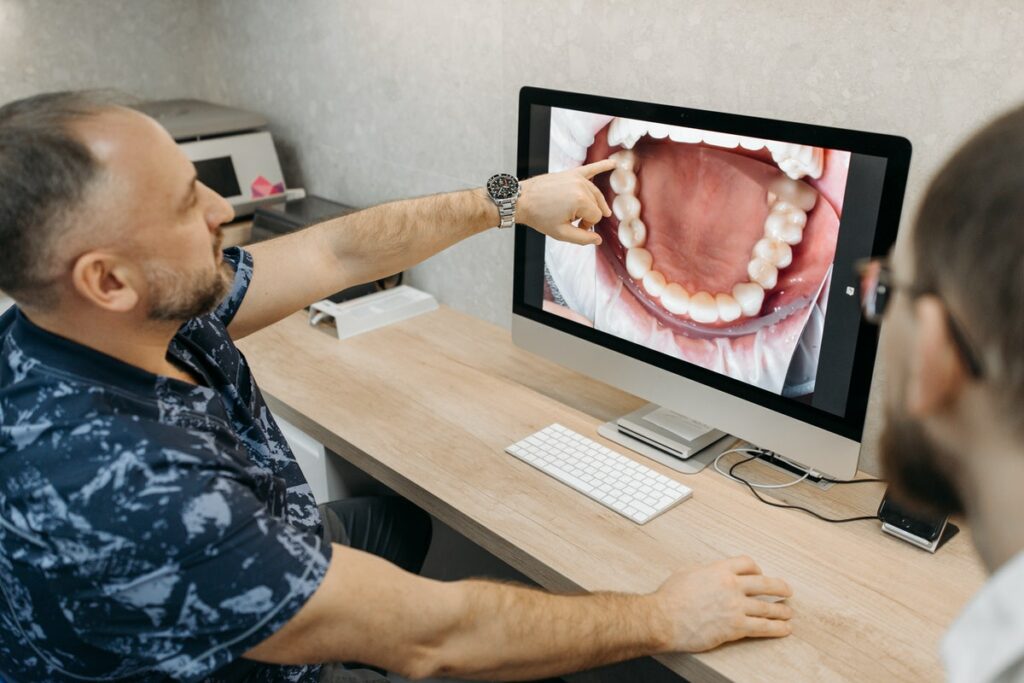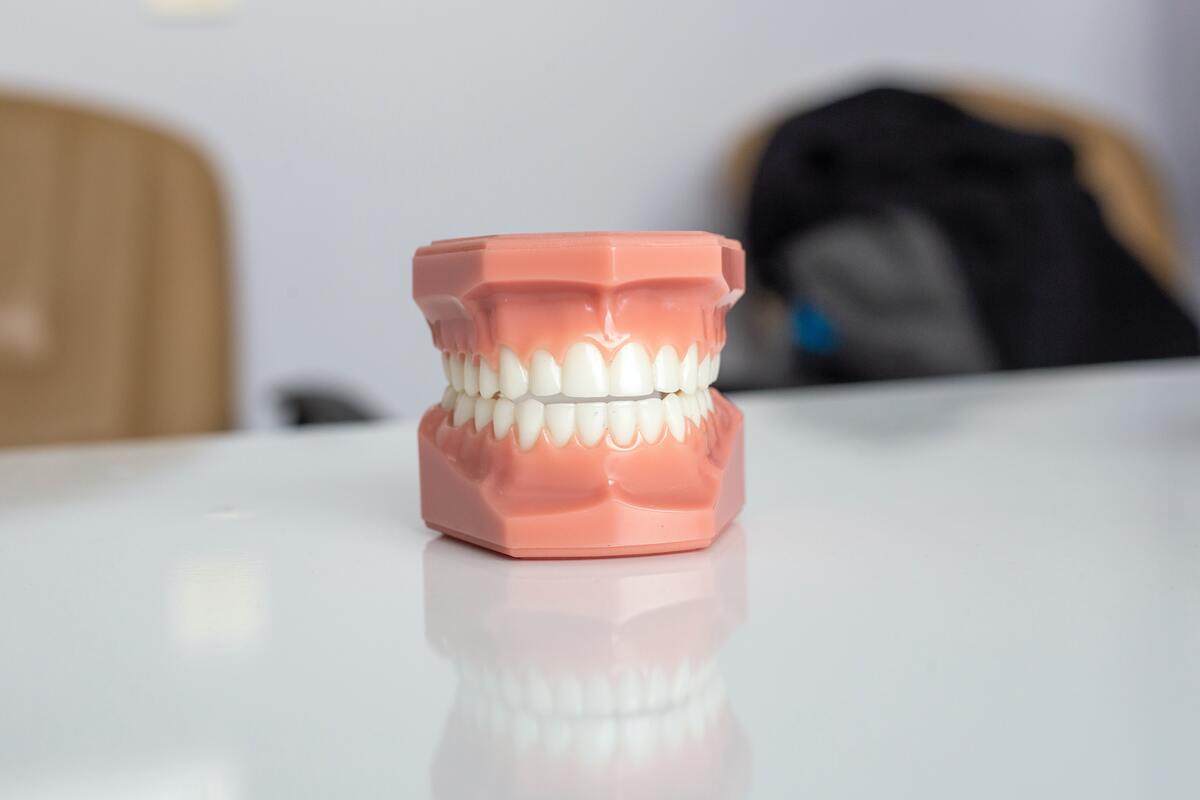You brush your teeth twice a day, floss regularly, and see the dentist for cleanings and checkups every six months. So what could possibly go wrong? As it turns out, a lot. Oral health problems can have a significant impact on nutrition, and not just in obvious ways. Here are some surprising ways your oral health can affect your nutrition.
1. Chewing Difficulties
When you have a toothache, it’s hard to chew your food correctly. This can lead to indigestion and poor absorption of nutrients from your food. In addition, if you have gum disease, your gums may bleed when you eat, making chewing painful. This can also lead to weight loss because you’re not getting adequate nutrition from your food.
If you have tooth loss, it can be difficult to eat certain foods or even eat at all. In this case, investing in permanent dental implants that can fill your missing teeth will be your best option. This is because you’ll be able to eat normally and not have to worry about your teeth falling out or getting food stuck in the gaps.
Solving this issue is important because if you have trouble chewing, you may end up eating softer, processed foods that are easier to chew but aren’t as nutrient-rich. For example, if you have difficulty chewing meat, you may not get enough iron in your diet. This can lead to deficiencies in specific vitamins and minerals.
2. Sore Throat
If you have gum disease, you may also experience a sore throat due to the inflammation of the tissues surrounding your teeth. This can make it difficult to swallow, leading to dehydration and malnutrition. You may even avoid eating altogether because it hurts to swallow.
The best course of action for this case is to see your dentist or doctor so they can prescribe medication to help with the pain and inflammation. In severe cases, you may need surgery to remove the infected tissue.
Regardless, it’s essential to stay hydrated and eat foods that are easy to swallow, such as soups and pureed fruits and vegetables, until the condition is solved.
3. Bad Breath
Bad breath or halitosis is often caused by oral health problems such as gum disease or tooth decay. It can be embarrassing and make social interactions difficult. In addition, bad breath can be a sign of other health problems such as diabetes or liver disease.
This is why it’s important to see your dentist or doctor if you have bad breath that doesn’t go away with brushing and flossing. They can help identify the cause of the problem and recommend treatment.
In the meantime, there are some things you can do to combat bad breath. These include brushing your tongue, using mouthwash, and chewing sugar-free gum.
4. Dry Mouth
A dry mouth is caused by a decrease in saliva production and can be a side effect of certain medications or a symptom of conditions such as Sjogren’s syndrome or diabetes. A dry mouth can make eating difficult and can also lead to tooth decay due to the lack of saliva to wash away food particles and bacteria.
To avoid or prevent experiencing dry mouth, drink plenty of water, chew sugar-free gum, or find some hard candy to stimulate saliva production. You can also use a mouthwash that contains saliva-stimulating ingredients such as xylitol.
In addition, avoid alcohol-based mouthwashes as they can actually contribute to dry mouth. And be sure to see your dentist or doctor if the problem persists, as they may be able to prescribe medication to help stimulate saliva production.
5. Jaw Defects
Jaw defects can make it difficult to open your mouth wide enough to eat properly. This can lead to malnourishment because you’re not able to take in enough food. In addition, jaw defects can also cause pain and discomfort when eating.
The best course of action for this is to see an oral surgeon discuss corrective surgery. This will help improve your eating ability and make it easier to get the nutrition you need.
In the meantime, there are some things you can do to make eating easier. These include cutting food into smaller pieces, avoiding hard-to-chew foods, and using a straw for drinking liquids. Just remember to prioritize options rich in nutrients so you won’t miss out on crucial vitamins and minerals.
Oral health problems can significantly impact nutrition, ranging from difficulty chewing and swallowing to bad breath and weight loss. If you are experiencing any of these problems, please see your dentist or healthcare provider for proper diagnosis and treatment.

